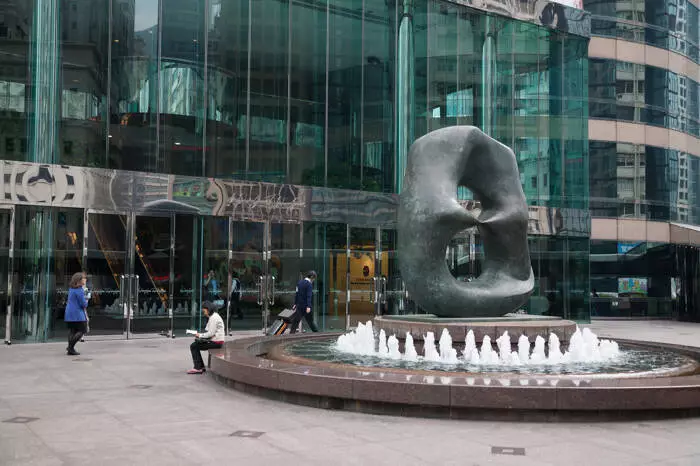The Hang Seng Index endured a turbulent week, marked by a notable decline of 1.01% in the period concluding November 22. This downturn can largely be attributed to external pressures, including potential tariffs on Chinese imports from the United States, which have cast a shadow over investor confidence. The climate surrounding corporate earnings has further compounded the issue, leading to a contraction in demand for Hong Kong-listed equities.
The technology sector, a critical component of the Hang Seng Index, particularly felt the weight of negative sentiment. Baidu, a key player in this field, faced its steepest sales drop in two years, recording a staggering 6.81% decline over the week. Similarly, Alibaba experienced a significant downturn, with a 7.45% drop in share value, primarily triggered by alarming reports from PDD Holdings advising of rising competition within the e-commerce realm. Consequently, the Hang Seng Tech Index (HSTECH) mirrored this uncertainty, concluding the week down by 1.89%, following a more severe tumble of 7.29% the previous week.
Underlying pressures were also felt in the real estate sector, where policy uncertainties regarding measures to support the housing market have rendered investors cautious. The Hang Seng Mainland Properties Index saw a further reduction of 4.34%, illustrating the profound concerns stakeholders hold about the viability of property investments in a time of shifting economic winds. The ongoing fear of regulatory changes only exacerbates the existing apprehension among investors.
On the Mainland front, tensions from proposed US tariffs and a sluggish economic outlook have pressured domestic equity markets significantly. The CSI 300 index fell by 2.60%, while the Shanghai Composite Index slipped by 1.91%. Such declines underscore the pervasive fear in the market regarding China’s ability to weather the storm of international trade disputes and its implications for the broader economy.
In stark contrast, the commodity markets seemed to thrive amidst the prevailing uncertainties. Iron ore prices maintained a modest advance of 0.34%, even as concerns over US tariffs lingered. Notably, the conflict in Ukraine has driven up demand for precious metals, with gold prices surging by an impressive 5.97% to stabilize at 2,716. The geopolitical tensions, particularly Russia’s heightened nuclear threats, have created an environment where investors gravitate towards traditional safe havens, highlighting the interconnectedness of global markets amidst conflict.
As the Hang Seng Index grapples with these multilayered challenges, the unfolding narrative paints a complex picture of a market under pressure. The confluence of technological woes, real estate pitfalls, and international tensions lays a cloudy forecast for investors. Moving forward, it will be crucial for market participants to stay attuned to both local and global developments, as the path ahead remains laden with uncertainties that could profoundly impact market dynamics.

